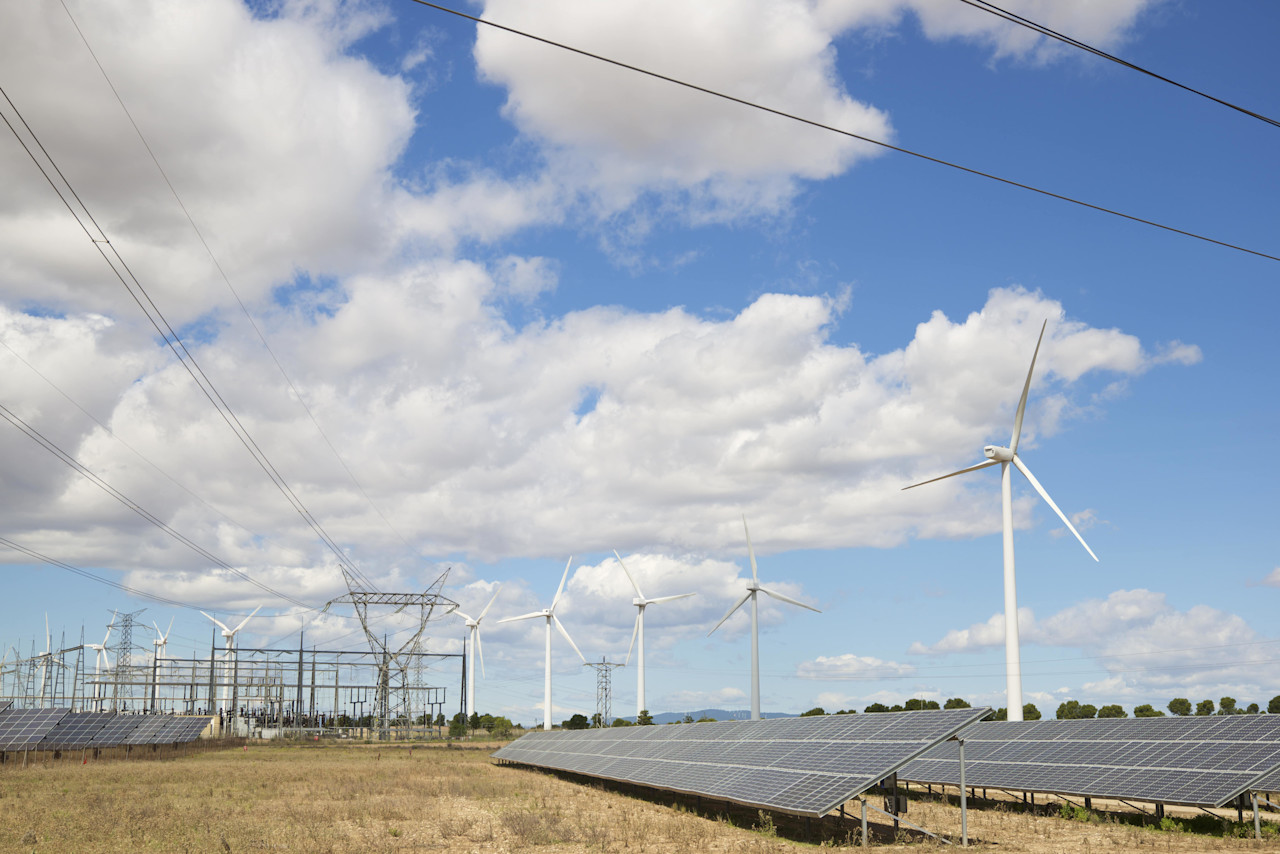An exclusion is the act of barring a company’s securities from being purchased for a portfolio due to business activities that are deemed unethical, harmful to society, or in breach of laws or regulations.
ESG criteria is used to determine whether a company complies with the desired level of standards. If not, it can be removed from consideration in the investment process, denying the company access to capital.
Exclusions typically involve the makers of controversial weapons such as cluster bombs or nuclear warheads and those making indisputably harmful products such as tobacco and firearms, along with companies engaged in human rights abuses such as child labor. Companies engaged in serious corporate governance breaches such as bribery or corruption and that show no willingness to resolve these issues, are also typically excluded.
The matter of what to exclude largely remains an act of conscience for investors. This is why most use the principles contained within the UN Global Compact as a benchmark for what is considered to be unacceptable business practices. For some products, exclusion is required by law: Dutch legislation, for example, forbids the ownership of companies making cluster bombs or other contentious munitions.
Climate change
As the world combats climate change, companies heavily involved in thermal coal production, deforestation and unacceptable levels of pollution have joined the ranks of the routinely excluded. In July 2020, Robeco expanded the range for exclusions for companies involved in thermal coal, oil sands and Arctic drilling. This was, however, subject to the proportion of their business engaged in these activities.
Robeco set the threshold of 25% of revenues derived from thermal coal and oil sands, and 10% from Arctic drilling, for its Sustainability Inside range of funds. Stricter levels of 10% of revenues for thermal coal and oil sands, and 5% for Arctic drilling, were imposed for the Sustainability Focused and Impact Investing ranges of funds.
Exclusion is only used as a last resort when engagement is either not possible, or has failed to achieve the required objective due to a lack of cooperation from the company. Generally, it is possible to engage on corporate behavior, but not on a product. This means excluding an industry such as tobacco, since it cannot change the harmful nature of its product; but engaging with an energy company to try to persuade it to move more of its business away from fossil fuels.
Countries can also be excluded if they are subject to sanctions by the United Nations, European Union, or other international authorities. This bars Robeco from buying sovereign bonds from governments on the exclusion list, or from purchasing equities or credits or companies that are domiciled in these countries. This currently includes Iran, North Korea and Zimbabwe.
For more information, see Robeco’s exclusion policy and exclusion list.




















